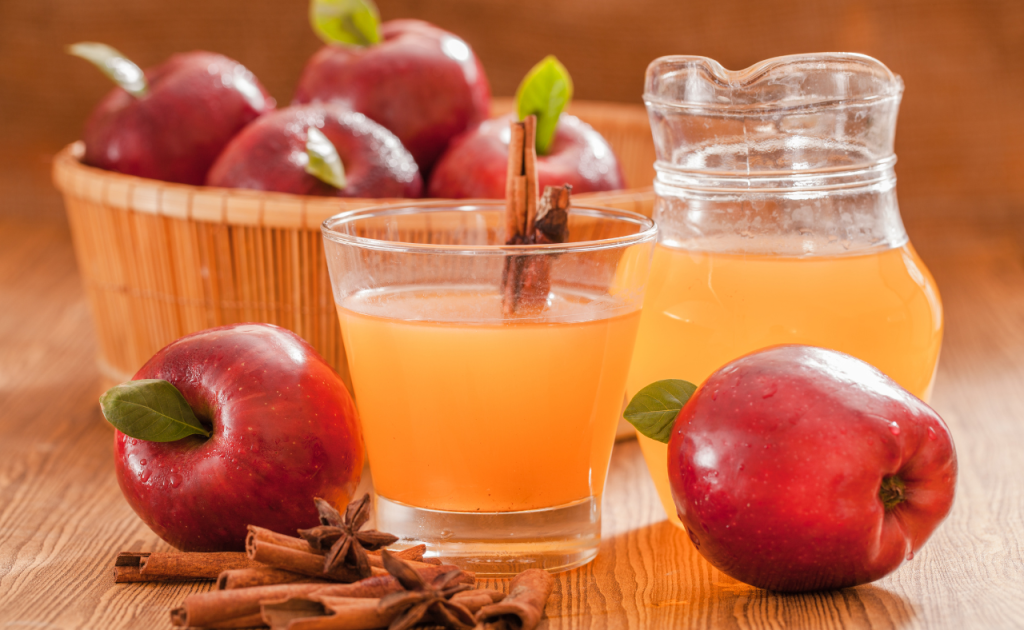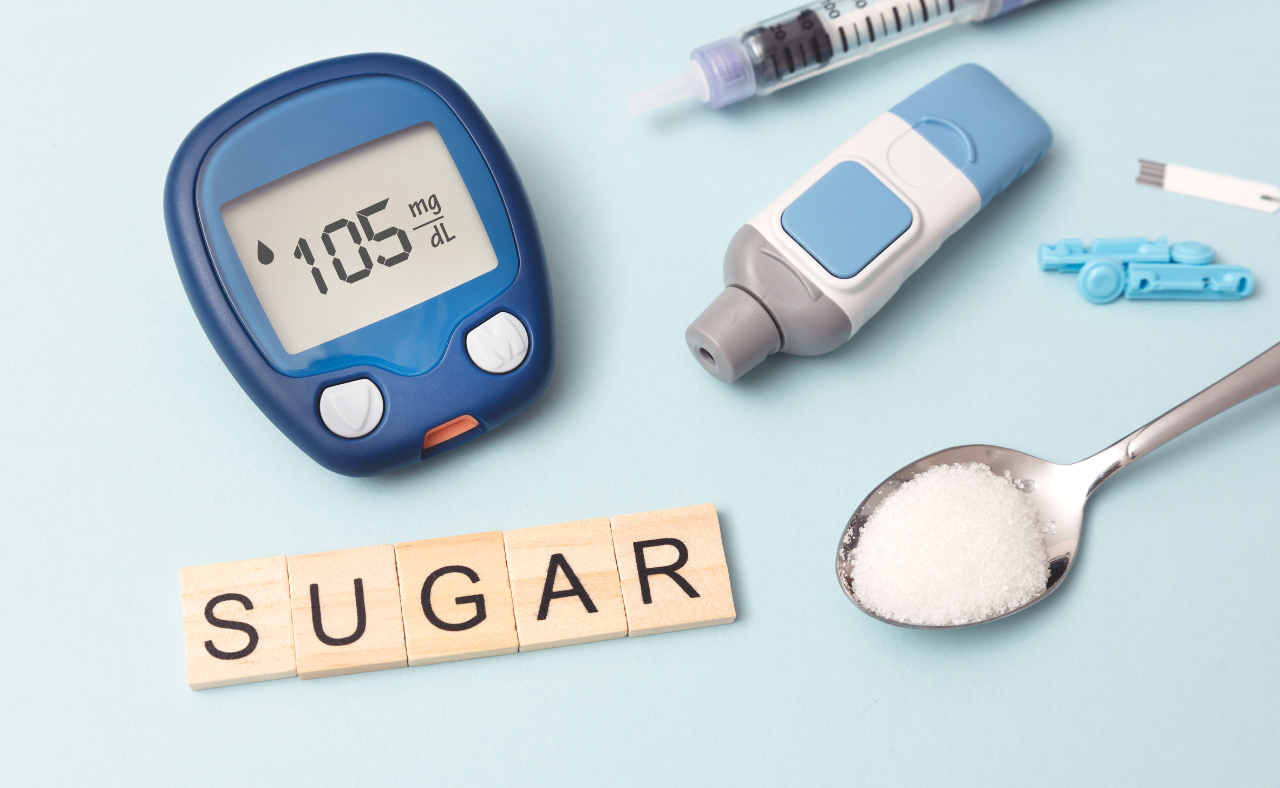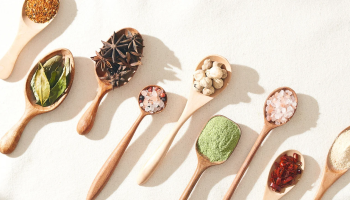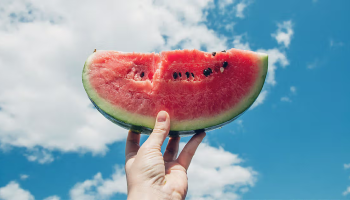Managing diabetes can be a challenging task, requiring a combination of medication, lifestyle changes, and diet adjustments. While medical treatments are crucial, home remedies can also play a significant role in keeping blood sugar levels under control. These natural remedies can complement your treatment plan and help you maintain a healthy lifestyle. In this article, we will explore various home remedies that can assist diabetic patients in managing their condition effectively.
Understanding the importance of a holistic approach to diabetes management is vital. Incorporating these home remedies into your daily routine can help you achieve better control over your blood sugar levels, improve your overall health, and enhance your quality of life. From dietary adjustments to natural supplements, let’s delve into the best home remedies for diabetic patients.
1. Dietary Adjustments
Incorporate Fiber-Rich Foods
Fiber-rich foods are essential for diabetic patients as they help regulate blood sugar levels. Foods like whole grains, vegetables, fruits, and legumes slow down the absorption of sugar, preventing spikes in blood glucose levels. Aim to include at least 25-30 grams of fiber in your daily diet.
Opt for Low Glycemic Index Foods
Foods with a low glycemic index (GI) release glucose slowly into the bloodstream, helping maintain steady blood sugar levels. Examples include lentils, chickpeas, apples, and non-starchy vegetables. These foods can be beneficial in managing diabetes and preventing sudden sugar spikes.
Include Healthy Fats
Healthy fats, such as those found in avocados, nuts, seeds, and olive oil, can improve insulin sensitivity and reduce inflammation. Incorporating these fats into your diet can help manage diabetes more effectively and promote overall health.
2. Herbal Remedies
Fenugreek
Fenugreek seeds are known for their potential to lower blood sugar levels. They contain soluble fiber, which helps control blood glucose levels. Soak a teaspoon of fenugreek seeds in water overnight and consume them on an empty stomach in the morning. This simple remedy can help manage diabetes naturally.
Cinnamon
Cinnamon has been shown to improve insulin sensitivity and lower blood sugar levels. Adding half a teaspoon of cinnamon to your daily diet, whether in your morning coffee or sprinkled on oatmeal, can provide significant benefits for diabetic patients.
Aloe Vera
Aloe vera is known for its healing properties and can also help lower blood sugar levels. Consuming aloe vera juice regularly can improve fasting blood glucose levels and HbA1c, a marker of long-term glucose control.
3. Natural Supplements

Apple Cider Vinegar
Apple cider vinegar can help lower blood sugar levels by improving insulin sensitivity. Mix one to two tablespoons of apple cider vinegar in a glass of water and drink it before meals. This can help prevent blood sugar spikes after eating.
Chromium
Chromium is a trace mineral that enhances insulin action and helps regulate blood sugar levels. Including chromium-rich foods like broccoli, barley, and oats in your diet or taking chromium supplements can be beneficial for managing diabetes.
Magnesium
Magnesium plays a crucial role in glucose metabolism and insulin sensitivity. Foods rich in magnesium, such as spinach, almonds, and pumpkin seeds, can help manage diabetes. Alternatively, magnesium supplements can also be taken under the guidance of a healthcare professional.
4. Lifestyle Changes
Regular Exercise
Regular physical activity is essential for managing diabetes. Exercise helps improve insulin sensitivity, lower blood sugar levels, and maintain a healthy weight. Aim for at least 30 minutes of moderate exercise, such as walking, cycling, or swimming, most days of the week.
Stress Management
Chronic stress can negatively impact blood sugar levels. Practicing stress management techniques like yoga, meditation, deep breathing exercises, and mindfulness can help reduce stress and improve overall diabetes management.
Adequate Sleep
Getting enough sleep is crucial for maintaining healthy blood sugar levels. Poor sleep can affect insulin sensitivity and lead to higher blood sugar levels. Aim for 7-8 hours of quality sleep each night to support your diabetes management efforts.
5. Hydration
Drink Plenty of Water
Staying hydrated is important for everyone, especially for diabetic patients. Drinking water helps regulate blood sugar levels and supports overall health. Aim to drink at least 8-10 glasses of water per day to stay hydrated and maintain optimal blood sugar levels.
Herbal Teas
Herbal teas, such as green tea, chamomile tea, and ginger tea, can offer additional benefits for diabetic patients. These teas can help improve insulin sensitivity, reduce inflammation, and support overall health. Incorporate a cup or two of herbal tea into your daily routine for added benefits.
6. Monitoring Blood Sugar Levels

Regular Monitoring
Keeping track of your blood sugar levels is essential for managing diabetes. Regular monitoring helps you understand how different foods, activities, and stress levels affect your blood sugar. Use a glucometer to check your blood sugar levels regularly and maintain a log to share with your healthcare provider.
Maintain a Healthy Weight
Maintaining a healthy weight is crucial for managing diabetes. Excess weight can lead to insulin resistance and higher blood sugar levels. Follow a balanced diet, exercise regularly, and make lifestyle changes to achieve and maintain a healthy weight.
7. Home Remedies for Specific Symptoms
Managing High Blood Sugar Levels
When blood sugar levels are high, it’s important to take immediate action. Drinking water, engaging in light physical activity, and consuming foods with a low glycemic index can help bring down blood sugar levels. Additionally, cinnamon and apple cider vinegar can provide quick relief.
Managing Low Blood Sugar Levels
For diabetic patients, low blood sugar levels can be dangerous. Consuming a quick source of sugar, such as fruit juice, glucose tablets, or a piece of candy, can help raise blood sugar levels quickly. It’s important to monitor blood sugar levels closely and adjust medication or insulin dosage accordingly.
8. Foods to Avoid
Sugary Foods and Beverages
Sugary foods and beverages can cause rapid spikes in blood sugar levels. Avoiding sugary drinks, candies, and desserts is crucial for managing diabetes. Opt for natural sweeteners like stevia or monk fruit as healthier alternatives.
Refined Carbohydrates
Refined carbohydrates, such as white bread, pasta, and rice, can lead to quick increases in blood sugar levels. Choose whole grains and complex carbohydrates like quinoa, brown rice, and whole-wheat bread instead.
Trans Fats
Trans fats, found in processed foods, margarine, and fried foods, can increase insulin resistance and worsen diabetes. Avoid foods containing trans fats and opt for healthier fat sources like avocados, nuts, and olive oil.
Final Thoughts
Managing diabetes requires a multifaceted approach that includes medication, lifestyle changes, and diet adjustments. While medical treatments are essential, incorporating home remedies can provide additional support in controlling blood sugar levels and improving overall health. From dietary adjustments and herbal remedies to lifestyle changes and natural supplements, there are numerous ways to enhance your diabetes management plan.
Remember, consistency is key. Regularly monitoring your blood sugar levels, staying hydrated, and maintaining a healthy weight are crucial steps in managing diabetes effectively. By incorporating these home remedies into your daily routine, you can take control of your health and improve your quality of life. Always consult with your healthcare provider before making any significant changes to your diabetes management plan, and continue to prioritize a holistic approach to health and wellness.








